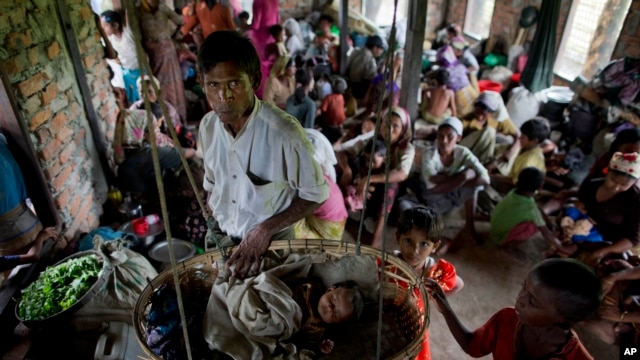By Pyae Thet Phyo
U Khin Aung Myint said he would send the letter after receiving a report
from the Amyotha Hluttaw. The Human Rights Committee will compile a
report on those who have been killed, as well as the apparent attempt to
assassinate two prominent Rakhine MPs in February.
The committee should seek the help of the Ministry of Home Affairs, the Ministry of Labour and other government departments to compile the report, he said.
U Khin Aung Myint made the comment in response to a question from U Khing Maung Latt, the Amyotha Hluttaw representative for constituency 6 in Rakhine State, who asked how the government was responding to attacks on Myanmar nationals in Malaysia.
The committee should seek the help of the Ministry of Home Affairs, the Ministry of Labour and other government departments to compile the report, he said.
U Khin Aung Myint made the comment in response to a question from U Khing Maung Latt, the Amyotha Hluttaw representative for constituency 6 in Rakhine State, who asked how the government was responding to attacks on Myanmar nationals in Malaysia.

